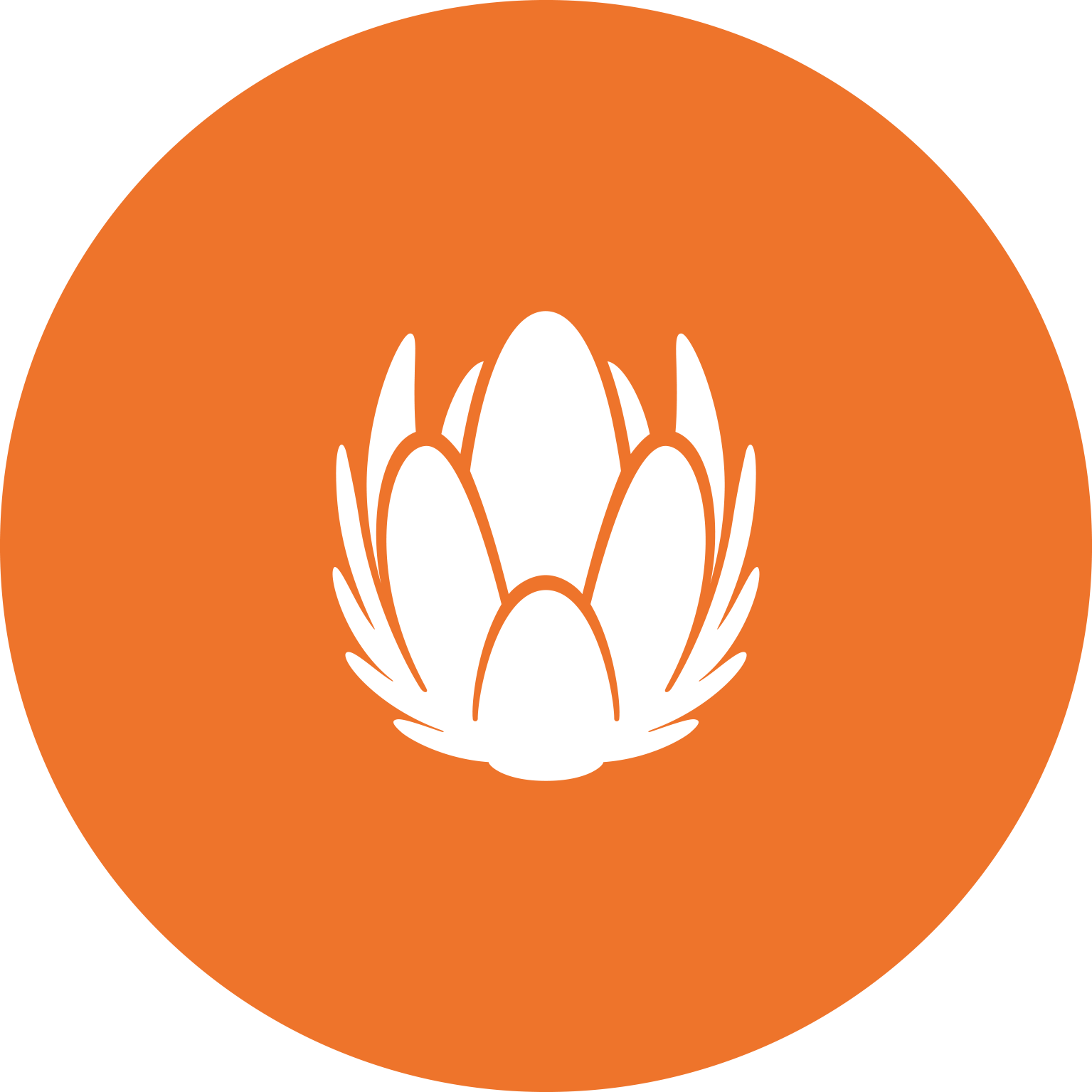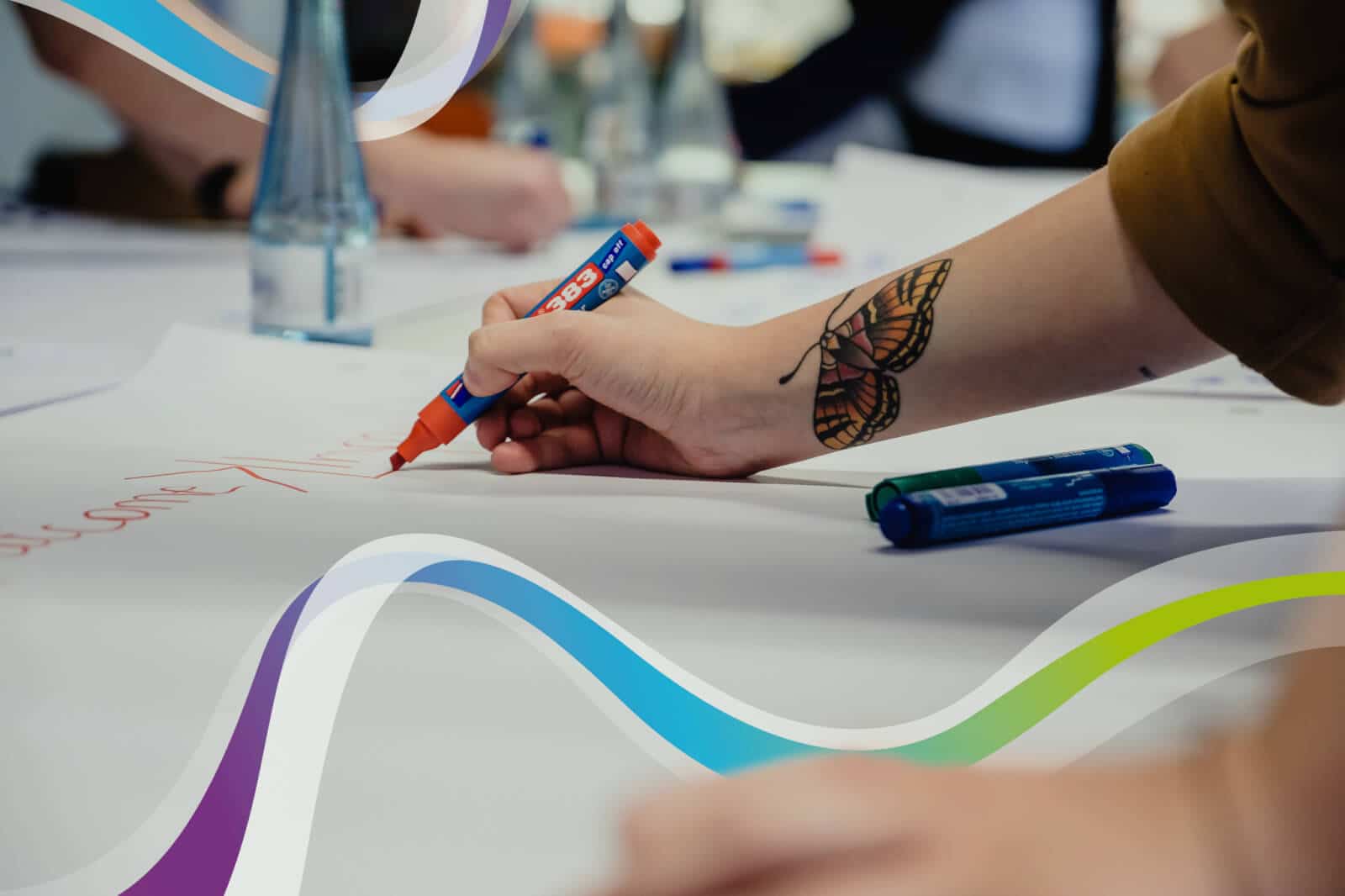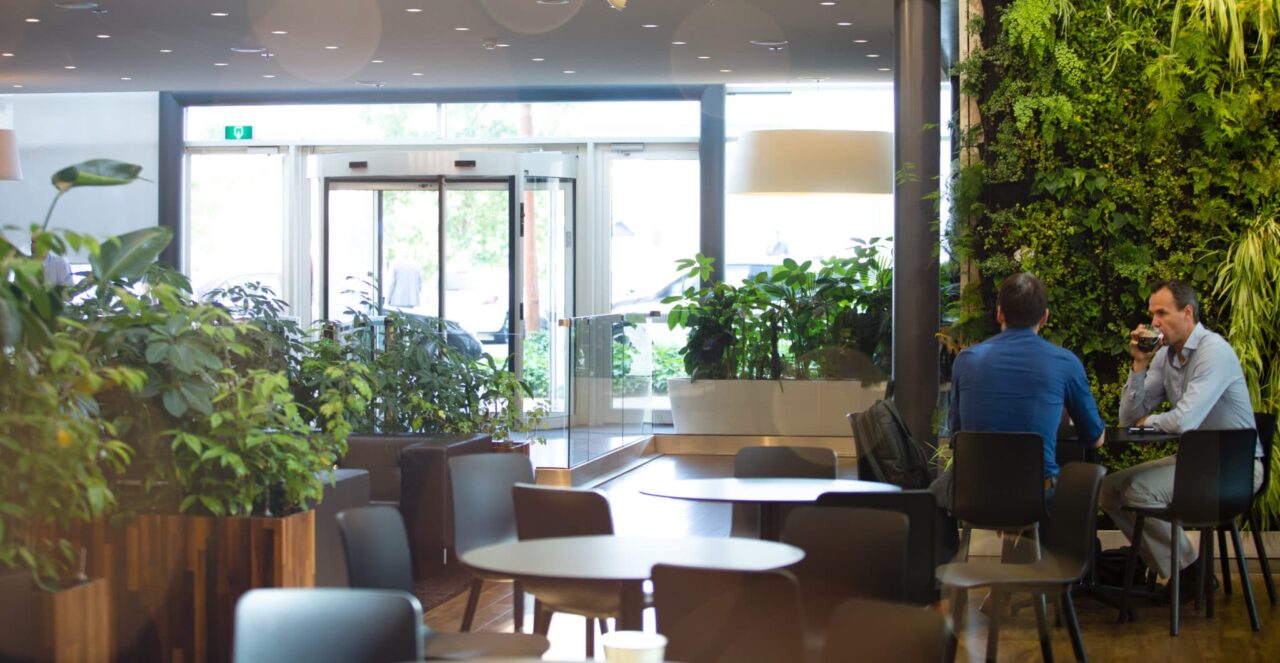The Digital Imagination Challenge in Germany, now in its 2nd year, was focussed on finding innovative ideas and projects, which will facilitate and support the lives of people living with disabilities.
To make a meaningful impact, we place great importance on find the right partners to help us make real change. Throughout the challenge, Unitymedia (a Liberty Global operating company) have made it their mission to create a digital world for everyone that is without obstacles and barriers, and to promote digital inclusion.
We spoke to our partner Sozialhelden (below) about their role in this project and how their involvement seeks to make the power of digital technologies more universally accessible.
Interview with Sozialhelden
What is Sozialhelden all about?
Sozialhelden is a non-profit organization that has been carrying out problem-solving social projects for 14 years. Most of o ur projects are centred around topics of disability rights and inclusion. Our team consists of people with and without disabilities with backgrounds in IT, public relations, political science, business, design, law and journalism. Our projects are geared towards addressing real, everyday challenges that people with disabilities face.
ur projects are centred around topics of disability rights and inclusion. Our team consists of people with and without disabilities with backgrounds in IT, public relations, political science, business, design, law and journalism. Our projects are geared towards addressing real, everyday challenges that people with disabilities face.
What is it about the Digital Imagination Challenge that made you want to get involved?
There are so many good ideas floating about “out there”; ideas that will create opportunities for people with disabilities and bring inclusion ahead. Unfortunately many of these ideas will never come to fruition, because the holders of the ideas lack the funds or the knowledge and experience necessary to make their ideas a reality. The Digital Imagination Challenge finally has an answer to this problem by supporting great ideas that offer inclusive, digital solutions for people with disabilities.
You are well known in Germany for making meaningful change, how do you think this challenge is making real change?
The Challenge contributes towards real change in two ways: First by helping the award winners very concretely to realize their ideas by supporting them financially and with mentoring and exposure. And secondly, by putting the topic of inclusion in the digital realm on the agenda, by raising awareness for the needs of people with disabilities among an audience that would otherwise probably never think about, for instance, the challenges deaf people face when using certain digital tools.
What’s your favourite thing about being involved in an initiative such as this?
It brings people from such very different worlds together: People without disabilities who never interact with people with disabilities are suddenly working closely together with them, disability rights activists find common ground with technology experts, tiny start-up initiatives are collaborating with a corporate giant like Unitymedia and people with very different disabilities are learning from each other’s’ approaches.
Why do you think having this challenge has been important and what do you hope the Digital Imagination Challenge will achieve in years to come?
Having this challenge has been important because it brings topics that are usually considered niche topics right into the mainstream. This kind of exposure is vital for important ideas that would otherwise remain exotic footnotes. The Challenge has had a great start in its first two years and we hope that it will continue to evolve just as successfully. By broadening its scope and topics, by addressing a larger audience, by finding and supporting even more brilliant ideas, the Challenge can have a huge impact on the lives of many people, with and without disabilities.
About the Digital Imagination Challenge
The Digital Imagination Challenge is part of a wider European initiative, launched by Liberty Global. All details on the German Digital Imagination Challenge can be found at www.unitymedia-digitalimagination.de.







